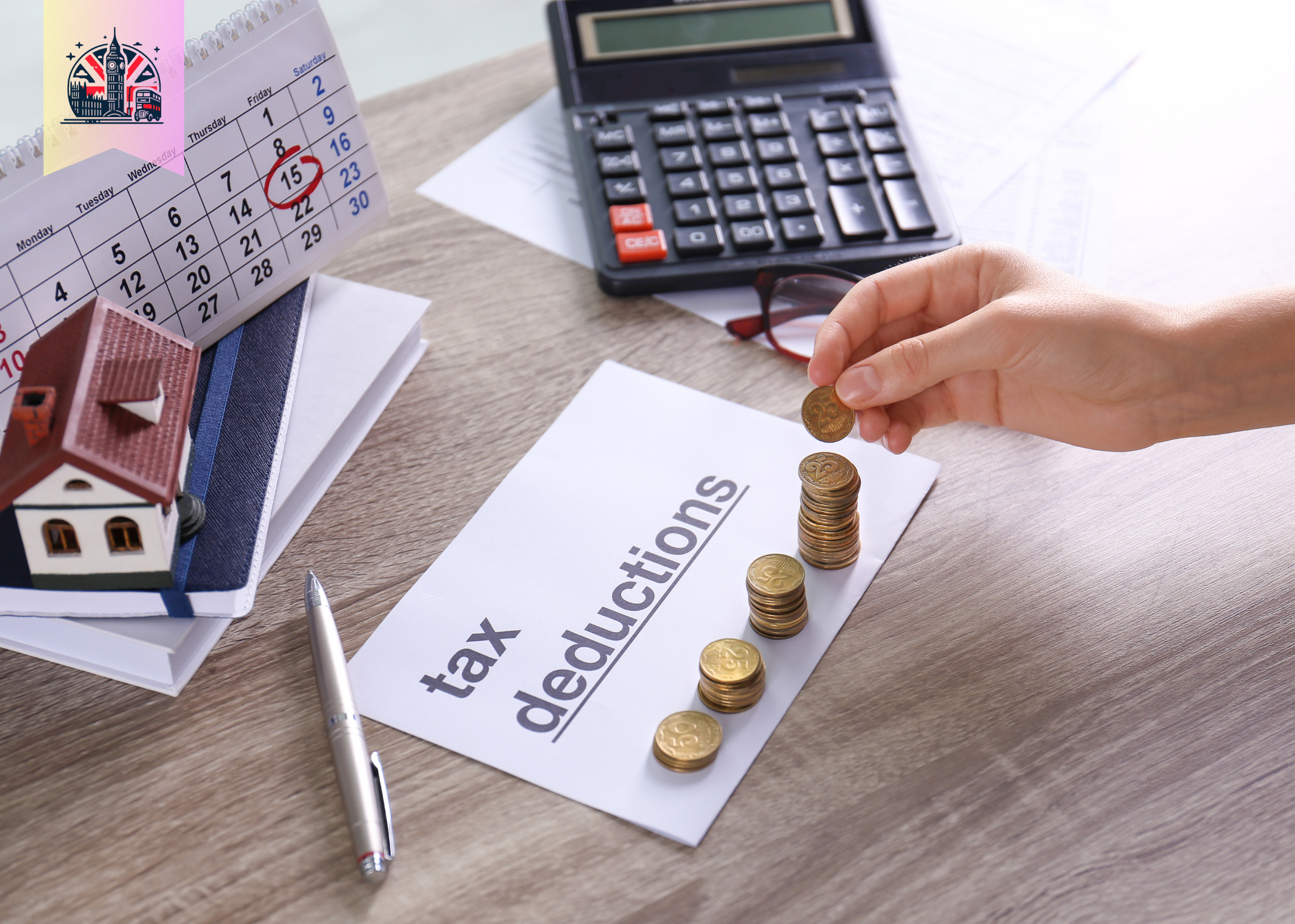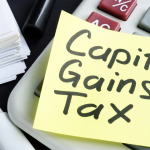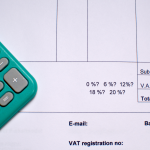Introduction
Understanding tax deductions is crucial for both individuals and businesses in the UK. These deductions can significantly reduce your tax liability, potentially saving you a substantial amount of money. This blog post will explore essential tax deductions available in the UK, detail the eligibility criteria for each, and offer guidance on how to claim these benefits effectively.
Comprehensive List of Deductions
Key Personal Tax Deductions
- Employment Expenses: Employees can deduct costs for things like uniforms, work-related travel, and professional subscriptions if these aren’t reimbursed by the employer.
- Home Office Costs: If you work from home, you may be able to claim a proportion of your heating, electricity, and internet costs.
- Charitable Contributions: Donations made to registered charities can reduce your taxable income, provided you have given under Gift Aid.
Important Deductions for Small Businesses and Freelancers
- Capital Allowances: These allow you to write off the cost of capital assets, such as equipment and vehicles, against your income.
- Business Expenses: Costs incurred wholly and exclusively for the purposes of the business can be deducted. These include office supplies, marketing expenses, and business travel.
- VAT Reclaim: If you’re VAT-registered, you can reclaim the VAT paid on business-related purchases.
Eligibility Criteria
To claim these deductions, you must meet specific criteria:
- Employment Expenses: You must have incurred these costs directly related to the nature of your employment, and they must not have been reimbursed by your employer.
- Home Office Costs: You need to use a part of your home exclusively for business purposes on a regular and continuous basis.
- Charitable Contributions: Donations must be made through Gift Aid, and you must have paid enough UK income tax or capital gains tax to cover the Gift Aid claimed on all your donations.
Documentation and Record Keeping
Keeping accurate and detailed records is essential:
- Receipts and Invoices: Keep all receipts and invoices related to deductible expenses.
- Bank Statements: Save bank statements that show proof of payment for deductible expenses.
- Logs and Diaries: Maintain logs or diaries of travel or use of personal assets for business purposes to support your claims.
How to Claim
To claim these deductions on your tax return:
- Gather Documentation: Compile all necessary documents that support each deduction claim.
- Fill Out the Tax Return: Access the self-assessment form on the HMRC website. Fill in the details of your deductions in the relevant sections.
- Submit Before the Deadline: Ensure that your tax return is submitted by the 31st January deadline for online submissions.
Common Mistakes to Avoid
- Overlooking Allowable Expenses: Many taxpayers miss out on deductions for small expenses, which can add up.
- Failing to Keep Adequate Records: Poor record-keeping can lead to disallowed deductions if audited by HMRC.
- Late Submission: Submitting your tax return late can result in penalties that negate any tax savings from deductions.
Conclusion
Taking full advantage of tax deductions available in the UK can lead to significant tax savings. By understanding the deductions you’re entitled to, maintaining proper documentation, and filing your tax return correctly and on time, you can maximize your potential tax savings.
This post should empower you to take control of your tax responsibilities and confidently manage your tax filings. Remember, the HMRC website is a valuable resource for up-to-date information on tax deductions and provides detailed guides and tools to help you through the process.







